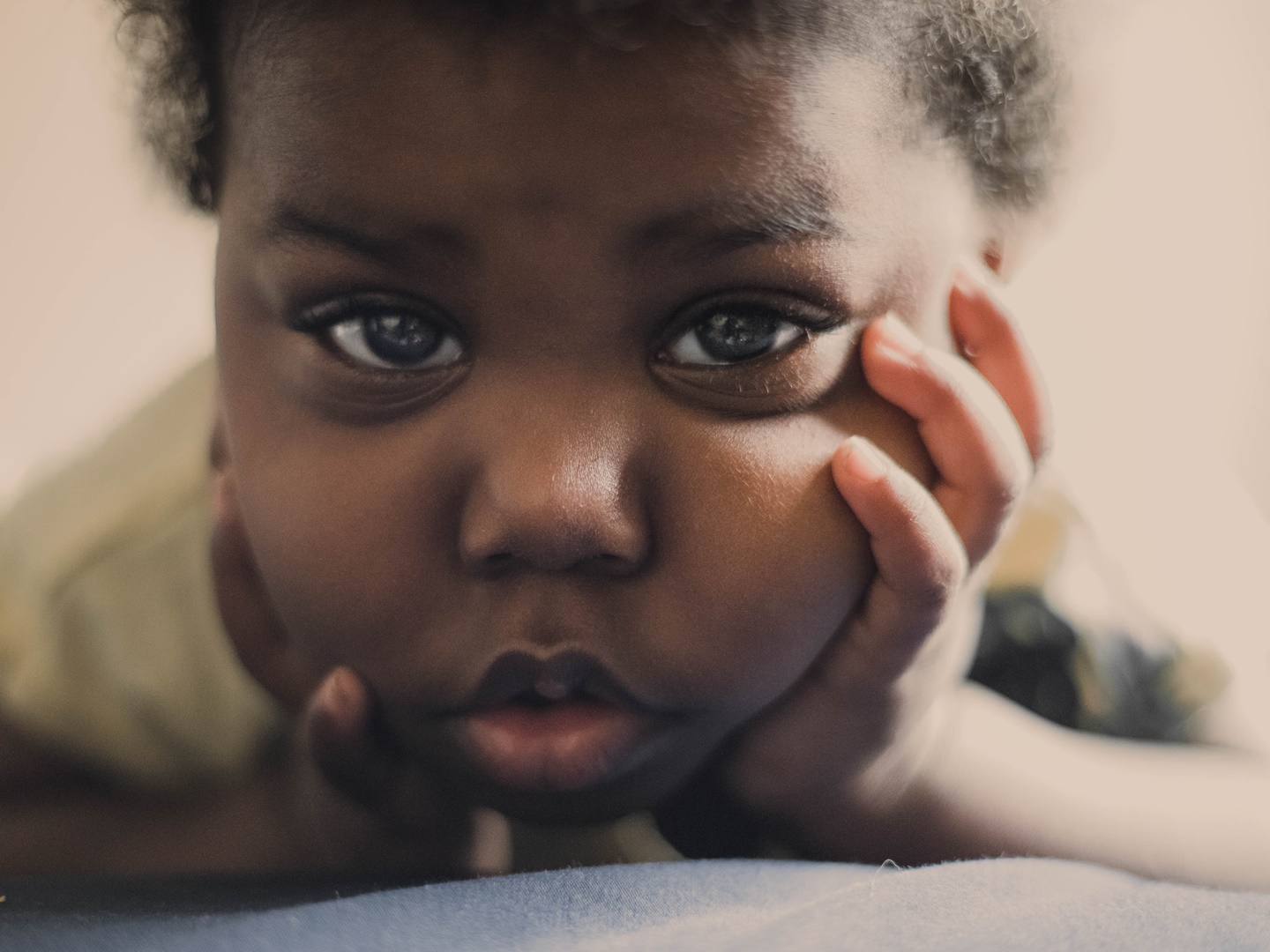New research reveals that the coronavirus pandemic and lockdown has had a disproportionate impact on the most vulnerable and marginalised in society
Poverty. It has everything to do with it. New research by children’s charity Barnardo’s has revealed that the coronavirus pandemic and lockdown has had a disproportionate impact on the most vulnerable and marginalised in society, compounding inequalities that already existed so that certain groups of children are at particular risk of worsening mental health.

Coronavirus has not treated children equally because, quite simply, some are poorer than others – some were already living under a shroud of Adverse Childhood Experiences (ACEs), not of their own fault or their own choosing and for reasons outside of their control. The virus does not mitigate against systemic racism or poor decision making or life’s cruelty and haphazard treatment of its denizens. It simply is.
There are various interrelated factors contributing to an exacerbated impact on mental health and wellbeing in the lives of vulnerable children, and it is important to acknowledge that many children will be experiencing complex and overlapping inequalities – often deeply rooted in poverty and deprivation.
Covid-19 is impacting disproportionately on the mental health and wellbeing of BAME children. Kooth, one of the biggest providers of NHS online mental health support, has reported a 26.6 per cent increase in BAME children contacting them with suicidal thoughts, compared to 18.1 per cent for white children. The disproportionate impact of coronavirus on some BAME communities is reflective of existing inequalities and discrimination. Children and young people from Bangladeshi, Pakistani and Black African families are most likely to be living in poverty, for example, and links between poverty and poor mental health are well-evidenced.
Barnardo’s research has revealed that just under half (46 per cent) of frontline staff are supporting someone in or at risk of being in poverty, and their biggest concerns are lack of access to food, finance and basic essential items.
At Kids Matter, we know that poverty has an impact on parents’ ability to manage stressful events and can make good family functioning and strong parent-child relationships difficult. Parents who lack a sense of competence not only show less adequate parenting, but also tend to withdraw from interactions with children and give up addressing problem behaviours altogether.
The overall trauma linked to pandemic-associated loss of freedom, identity and companionship, and perhaps even the extreme grief associated with loss of losing friends and family members to Covid-19, will be heightened by pre-existing familial trauma, like domestic violence, substance abuse, broken relationships (etc) that often coincide with poverty – economic struggles result in depression and anxiety, and sometimes unhealthy coping mechanisms in order to relieve stress.
Another factor that is likely to aggravate pandemic-related anxiety in vulnerable children is the impact of a parent in prison. Children with a parent in prison often face issues around separation, are frequently taken into care and often face stigma or feelings of shame. In a Covid-19 world, social visits to prisons have stopped and children are less able to be reassured about the safety of their parent in prison. There has also been a decline in community-based support as a result of Covid-19. The closures of schools to the majority of children means that there is less access to pastoral support. Some prison-based support to promote relationships between the parent in prison and their child/ ren has also stopped due to Covid-19.
Children and families who are able to access support when facing adversity are at less risk of severe trauma and yet research reveals that that children from BAME backgrounds are less likely to access support, especially from mainstream providers.
It is obvious that government needs to have the wellbeing of all children, and particularly those who are vulnerable, at the forefront of all decisions linked to family policy and wellbeing, and yet with support structures under massive financial pressure it seems that more and more, it’s going to be up to non-profits, churches, communities and individuals to meet the need where it’s at. Families and children who are isolated and alone and afraid, are not likely to seek support; they will fall into a gap – and remain anonymous unless someone dives in and pulls them out.
To read the full report by Barnardo’s CLICK HERE.
Kids Matter is a programme that engages with families and young children before crisis point – it strengthens families by giving mums and dads the tools to be competent, confident parents or caregivers. To get involved, as a volunteer or by financially supporting our programme, please contact us at info@kidsmatter.org.uk